Nearly half the population takes at least one vitamin regularly, but few know how they’re regulated or manufactured. Here’s how to spot a good brand when you’re buying supplements, and why it matters.
Supplements are not created equal. That’s because the government doesn’t regulate them for effectiveness like you might think they would (or should). Dietary supplements can be medicinal, but taking them incorrectly, or choosing poor-quality products, can influence your health in a bad way.
Here’s what the FDA has to say about supplements, and how to know if you’re getting your money’s worth. We’ll also explore the top 20 research-backed supplements and the health benefits they might have for you.
Love turmeric recipes?
Add power-packed anti-inflammatories to every meal with these FREE turmeric recipes!
Use this guide to make informed choices and always speak to your doctor before starting supplements.
How Supplements Are Regulated
Supplements first arrived on the market in the 1940s, and Americans have been taking them ever since, with nearly half of all Americans currently taking supplements in one form or another. (1) The U.S Department of Health and Human Services lists nearly 200 different supplement ingredients. (2)
The FDA does not review or test supplement products before they hit the market because dietary supplements are classified as foods, not drugs. (3) Supplement companies are supposed to ensure that their products are safe, and the only time that the FDA gets involved is if there are numerous negative reactions to a product. In that case, the FDA can pull it from the market.
Supplement companies are also not allowed to make health claims for their products. The Dietary Supplement Health and Education Act (DSHEA) of 1994 states that companies can explain nutritionally-based claims, but are not allowed to make any prescriptive claims or promise that they treat any disease or health condition. (4) For example, supplement labels can say what’s inside, such as “contains antioxidants” or “supports memory”. They can also claim that the product meets a recommended daily allowance, such as “100% of your daily vitamin C needs”. However, they cannot claim that a supplement can reverse disease, prevent health conditions, or “heal” anything.
Companies are also required to follow good manufacturing practices and to label products accordingly, but this is where some problems creep in. Research shows that 59 percent of herbal supplements may contain plants not listed on the label, and supplements can also contain unlisted contaminants, like prescription drugs and other toxins. (5, 6) This is where brand choice and manufacturing standards comes into play.
How to See Through False Marketing Claims
Selecting high-quality supplements can feel impossible, but it’s not. First, it’s important to be skeptical of supplement companies. Don’t assume that anything on a supplement bottle is true!
Instead, do some independent research to understand good marketing practices. While the FDA doesn’t regulate supplements for how they work or how they safe they may be, they have established good manufacturing practices (GMPs) and conduct inspections of facilities that produce supplements. (7) Beyond that, a handful of third-party organizations monitor supplement companies and offer independent certifications or endorsements. These include NSF International, Consumer Lab, and U.S. Pharmacopeia (USP). Labels like USP Verified create additional levels of product trust and ensure that what’s on the label actually reflects what is in the product. (8)
10 Ways to Spot a High-Quality Brand
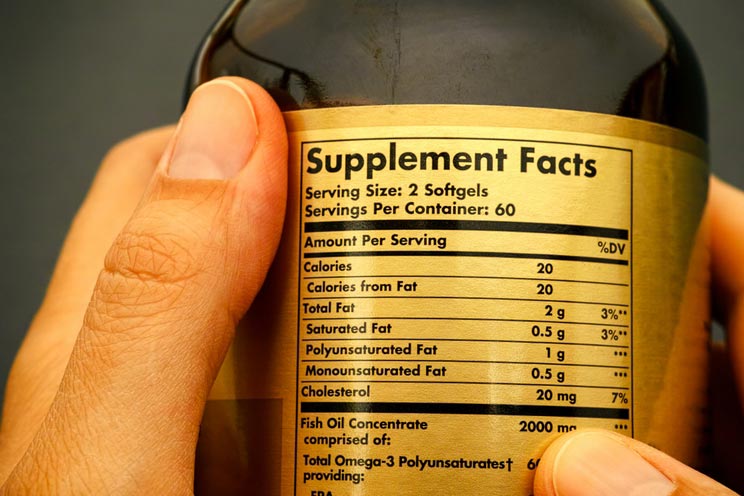
High-quality brands follow 10 basic principles:
- They don’t make wild claims on their products.
- The supplement bottle doesn’t read like a magazine ad or billboard.
- They are third-party certified and are transparent in their product testing methods.
- The supplement contains no inactive ingredients or fillers, or the list is very short.
- The brand is clear on dosage, and give straightforward instructions on how to take it.
- They are endorsed or recommended by your qualified medical or nutritional practitioner.
- The product is not sold in a multi-level marketing system.
- The bottle shows a clear “best used by” date.
- There’s a high-quality, unopened seal.
- They are not found on discount sites on the internet.
The Top 3 Nutritionist Favorites
The top three nutritionist-trusted brands for transparency, testing, and nutrient quality are:
- Thorne: Third party tested and endorsed by some of the toughest supplement regulatory boards in the world. (9)
- Pure Encapsulations: Third party tested, hypoallergenic, and frequently used in clinical trials. (10)
- Seeking Health: Independently certified and tested for contaminants and allergens. (11)
20 Science-Backed Supplements and Their Benefits
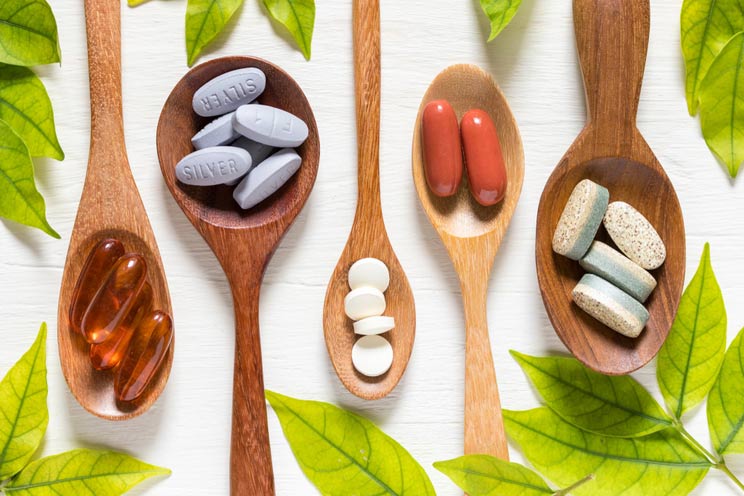
Once you’ve done your research and are ready to start taking supplements from the right brands, we recommend looking into any of these 20 nutritional supplements. They’re common, easy to find, and come with benefits that are backed by research.
Remember, no vitamin can replace a healthy diet, and you should always check with your doctor before starting new supplements.
1. Multivitamins
These all-in-one supplements can help to fill in nutritional gaps and prevent nutrient deficiencies. (12) They can be especially helpful for restricted diets, allergies, chronic health conditions, pregnancy, and aging, as these types of people are more prone to lower nutrient levels.
2. Vitamin C
Vitamin C in an antioxidant that helps promote cellular health by protecting from oxidative damage. (13) It also supports immunity, improves iron absorption, and decreases inflammation.
3. Vitamin D3
This fat-soluble vitamin also functions as a hormone, and supports heart health, cognition, immunity, bone health, and even mental health. (14)
4. EPA & DHA
Omega-3 fatty acids like EPA and DHA decrease inflammation to fight depression, boost heart health, and normalize insulin and glucose levels. (15)
5. Magnesium
This mineral also functions as an electrolyte, and is a common deficiency in Americans. (16) Take magnesium at night because it decreases stress and promotes better sleep. It also supports muscular health – including your heart. (17)
6. Calcium
Another electrolyte, calcium is a critical mineral for bones and teeth, as well as necessary for fluid balance in the cells, muscular health, the nervous system, and hormone balance. (18)
7. Probiotics
Probiotics are the beneficial bacteria that live in the microbiome. There are hundreds of different strains of probiotics that support gut health by preventing or treating things like diarrhea and IBS. (19)
8. Iron
Iron is a vital mineral, necessary for healthy blood, oxygen transport, growth, development, cellular function, hormone balance, and healthy connective tissues. (20) Keep in mind that women need more iron than men.
9. B12
Vitamin B12 is a water-soluble nutrient that is part of the B vitamin family. This vitamin is necessary for a healthy nervous system, production of red blood cells, and DNA synthesis. (21)
10. Folate
Sometimes referred to as vitamin B9, folate is necessary for modulating inflammation, supporting prenatal health, and promoting a healthy nervous system. (22)
11. B6
Vitamin B6 is required for hundreds of enzyme reactions in the body, This water-soluble vitamin supports cognitive health, immunity, and modulates inflammation. (23)
12. Ashwagandha
This adaptogenic herb helps the body cope with stress by reducing cortisol, decreasing anxiety. (24)
13. Biotin
Biotin is another B vitamin that helps regulate cell signaling and genetic expression. It also supports healthy hair, skin, and nails. (25)
14. Collagen
Collagen is an abundant protein in the body that supports healthy tissues, joints, muscles, and digestive health. It boosts skin quality and may even reduce signs of aging. (26, 27, 28, 29)
15. Bromelain
An enzyme derived from pineapple, bromelain helps fight inflammation and is anti-carcinogenic and antimicrobial. (30)
16. Coenzyme Q10
This important molecule supports cellular energy, heart health, healthy blood sugar levels, and protects the brain from damage that could lead to Parkinson’s or Alzheimer’s. (31)
17. Curcumin
The active ingredient in turmeric, curcumin supports heart health, fights inflammation, and helps reduce pain and skin irritation. (32)
18. Glutamine
Glutamine is an amino acid that supports healthy immunity, intestinal integrity, and can even decrease fatigue and soreness after exercise. (33)
19. Psyllium
Psyllium is a fiber that helps to support normal intestinal function, addressing constipation and promoting heart health and normal glucose levels. (34, 35)
20. Quercetin
Quercetin is a flavonoid and antioxidant that lowers inflammation, protects cells from damage, normalizes blood pressure, and fights allergies. (36)
Bottom Line
Many supplements out there can be beneficial, but as a consumer, it’s important to choose products that are manufactured with high standards. Don’t fall for supplement claims – do your research to discover the nutrients that can best support your individual health. Work with your doctor and nutritionist to create a supplement plan that is right for you.



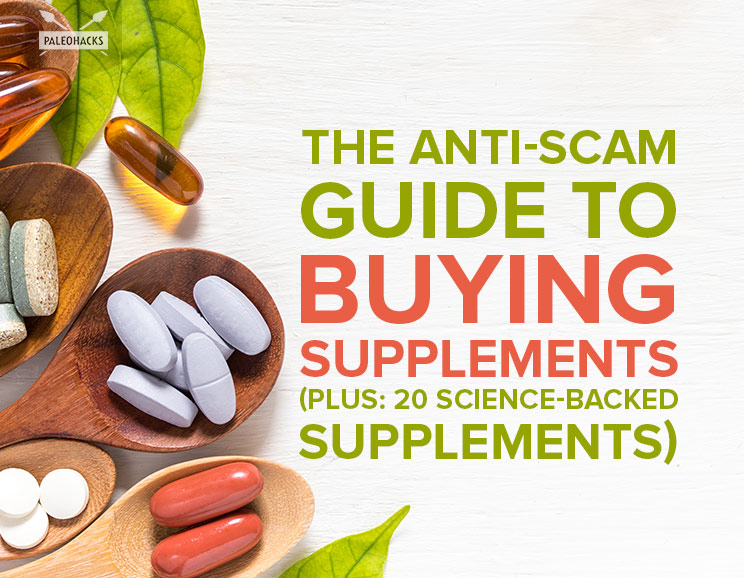
 Chinese 5-Spice Steak with Crispy Broccolini
Chinese 5-Spice Steak with Crispy Broccolini
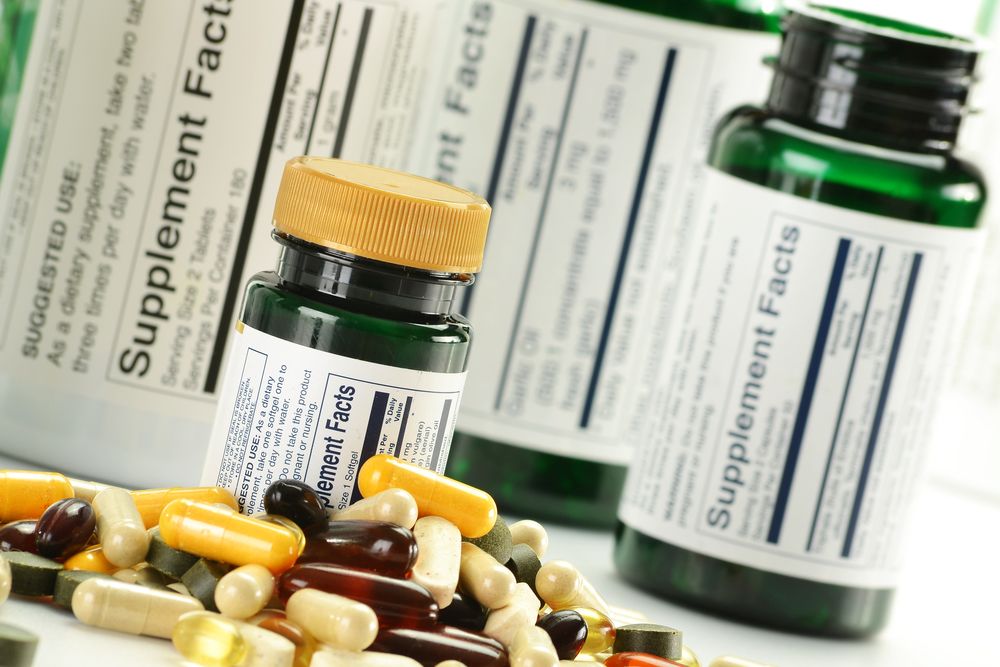
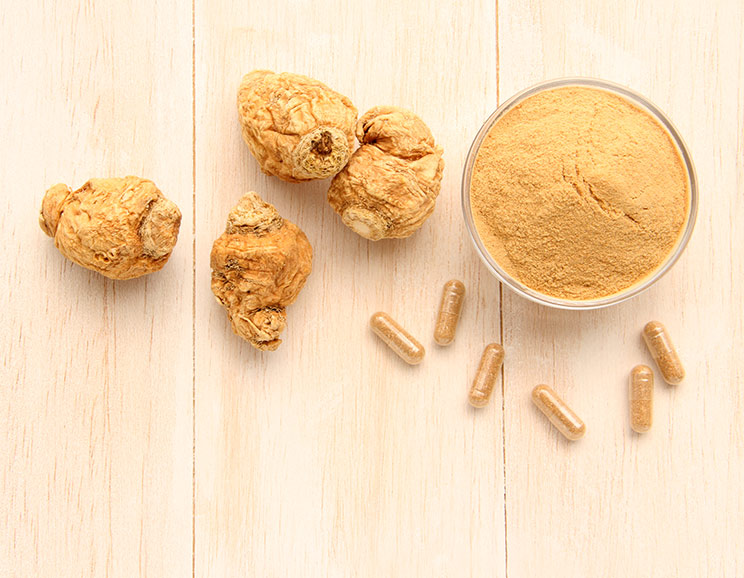

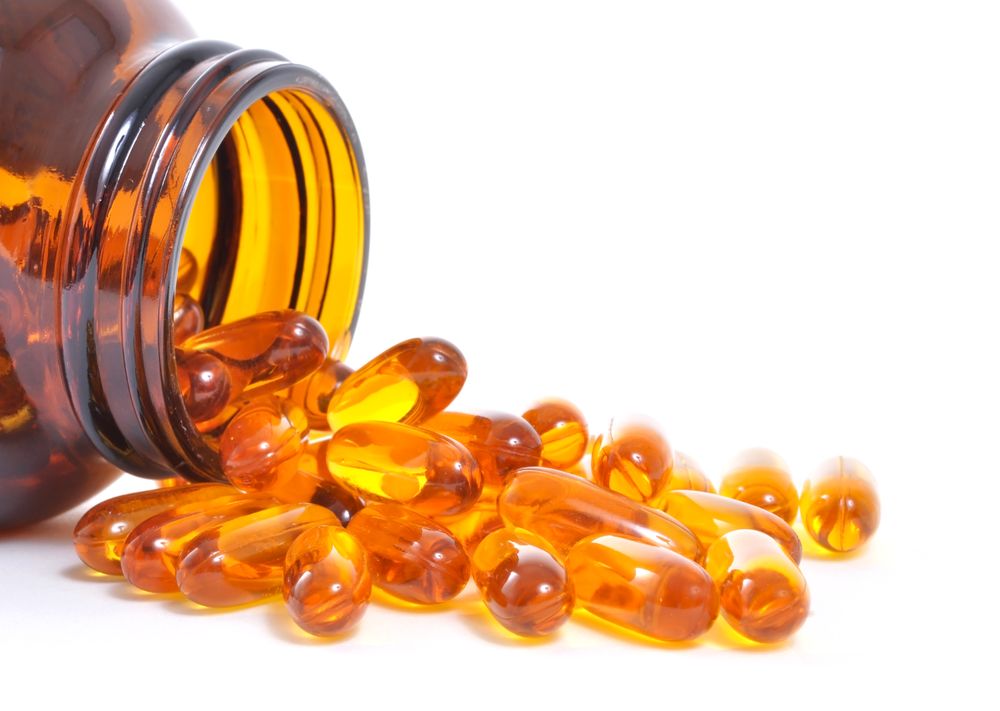




Show Comments